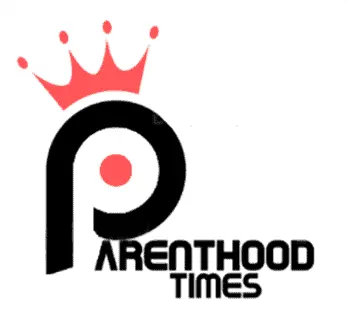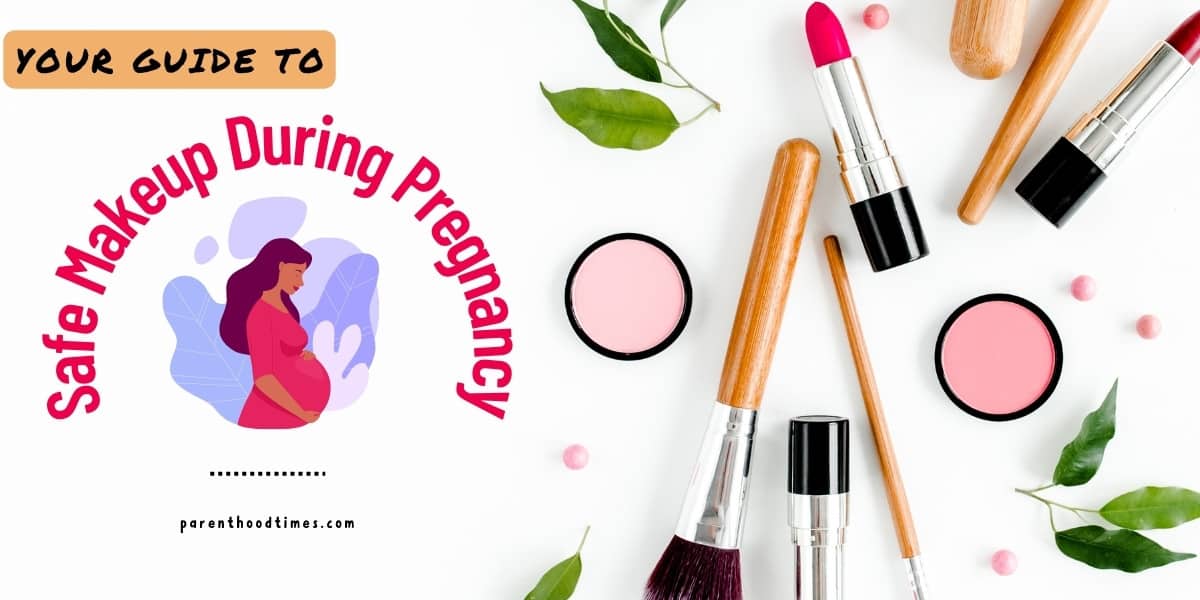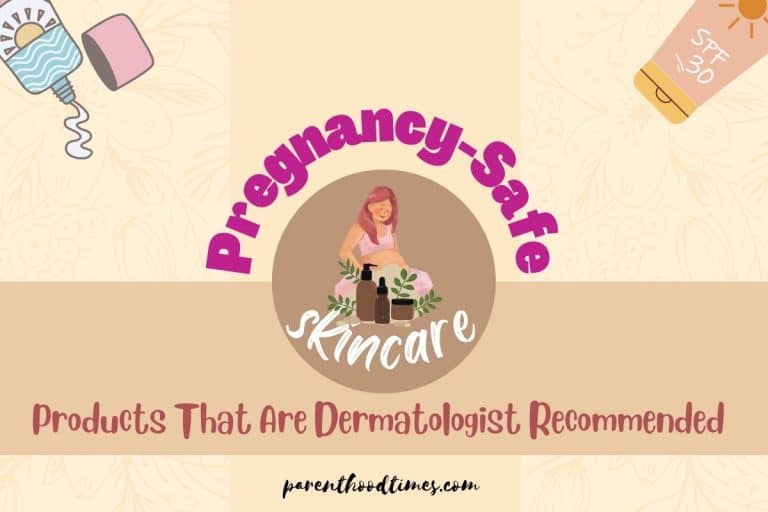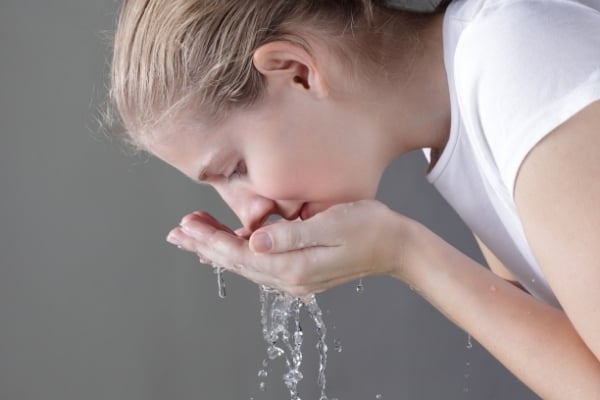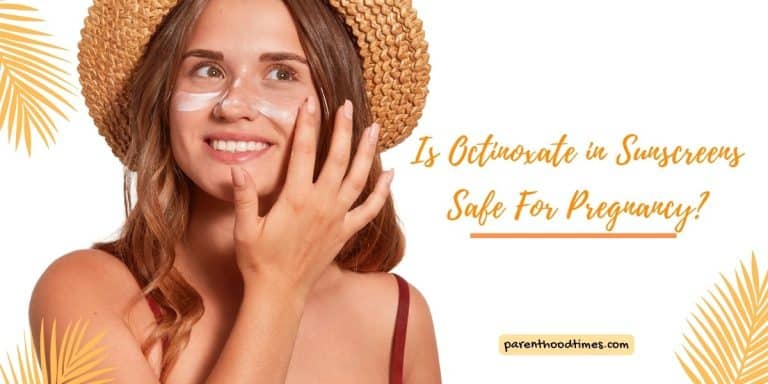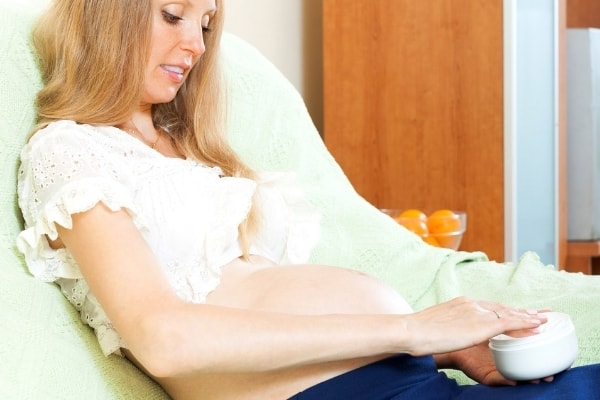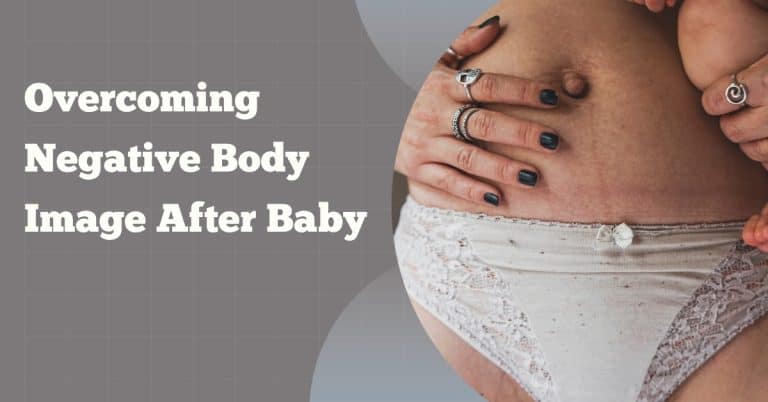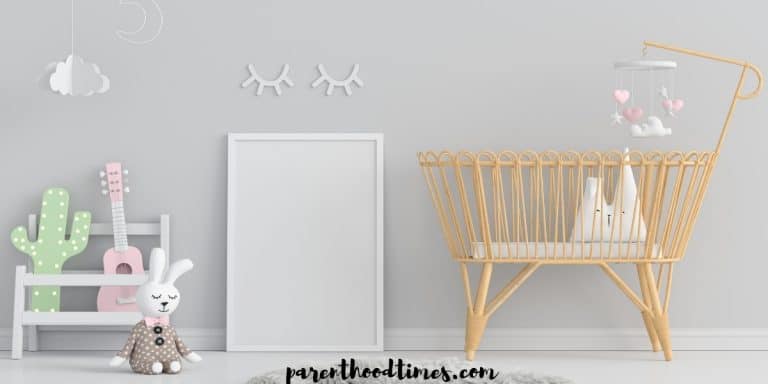Your Guide to Safe Makeup During Pregnancy
There is a lot of information out there about wearing makeup during pregnancy. A lot of it will tell you what not to do or what you should do to avoid harming your child. However, some things are exaggerated. It’s no doubt that pregnancy takes its toll on our bodies. So it’s fine to pamper ourselves occasionally to make ourselves feel a little better.
In this post, we have put together a guide about safe makeup when pregnant. Hopefully, this will help make your life easier and allow you to look beautiful without harming your child.
But before we begin, let’s clear a misconception many pregnant women possess. They often confuse skincare and makeup during pregnancy. But there’s a difference between them.
Difference Between Skincare and Makeup
Well, both are used to enhance your appearance, but they serve different purposes. Skincare focuses on making your skin healthier and improving its appearance, while makeup products are designed to cover flaws in a way that looks as natural as possible.
Read Also: 10 Best Pregnancy-Safe Skin Care Products
This doesn’t mean that you can’t use skincare products with makeup — it just means that they won’t make your makeup last longer or look better. It’s still possible to mix and match skincare and makeup, but you should know how each type of product works so you can decide which ones are right for you.
Is it Safe to Wear Makeup during Pregnancy?
Makeup during pregnancy can be tricky since there is no definite rule set in stone. But there are some guidelines that you can follow to avoid any complications during the nine months of carrying your child.
The first trimester usually lasts till week twelve or thirteen. And it’s the most crucial period for your baby’s development. Hence you should be extra cautious with cosmetics and skin care products during this time.
The good news is you don’t have to ditch all your favorite makeup and beauty products. Most makeup products are usually considered safe unless you are allergic to certain ingredients.
However, experts recommend avoiding aluminum-based antiperspirants, some cleaning agents, and cosmetics with certain ingredients like retinoids, formaldehyde, or phthalates. These products and components are perceived to be harmful to the developing fetus.
Makeup Products Safe during Pregnancy
During pregnancy, the skin becomes more sensitive. And some chemicals in makeup products might lead to complications. So it is crucial to know which products should be avoided and which ones are fine to use during pregnancy.
Eye Liner: Eyeliner is likely safe for pregnant women to use. Although there are no definitive studies on the effects of eyeliner on pregnant women, there are no known reports of harmful effects from using makeup during pregnancy. The active ingredients in eyeliner are usually waxes and oils that cannot penetrate the skin, so they cannot cause harm.
Eyeshadow: Both cream eyeshadows and powder eyeshadows applied to the outer corner of your eye are OK when you are pregnant, but avoid lining the inside of your lids or putting on a heavy liner.
Mascara: Waterproof mascara is safe to use during pregnancy. Hormonal changes during pregnancy can contribute to a roller coaster of emotions. Thus waterproof mascara is best suited for this purpose.
Powder Product: Powder products such as powder blushes, face powder, and powder bronzers are the safest type of cosmetic products to use during pregnancy. They just sit on the surface and don’t get absorbed.
Hair Styling Products: Many hair styling creams and depilatories often contain glycolic acid, a questionable ingredient that is best to avoid.
Beauty Ingredients Unsafe during Pregnancy
As mentioned, all makeup products are not safe for pregnant women. Here are the major ingredients and products that you may want to avoid:
Retinol, Retin-A, and other Retinoids: These are often found on over-the-counter topical treatments and prescription drugs. They can cause birth defects, so it’s best to avoid using them for at least a month before getting pregnant and while expecting.
Formaldehyde: Formaldehyde is a chemical used in several cosmetic products. It is a known human carcinogen and can cause cancer or toxic effects on reproductive health, such as birth defects. These chemicals are usually found in nail products, hair straighteners, and keratin treatments.
Salicylic acid: This is a common ingredient in acne treatment products. It’s not known to be harmful, but some doctors advise pregnant women to avoid it.
Hydroquinone: Used in skin blemishes, including melasma (the so-called “mask of pregnancy”), the effects of hydroquinone on pregnant women aren’t well-studied. So it’s best to avoid hydroquinone during pregnancy.
Parabens: Parabens are estrogenic agents that have been used for decades in cosmetics as preservatives. When applied to the skin, ingested, or breathed in, parabens act like estrogen, disrupting endocrine function. Parabens have been linked with breast cancer and reproductive toxicity.
Chemical Sunscreens: Chemical sunscreens such as avobenzone (also known as Parsol 1789), oxybenzone, octisalate, and octocrylene.
Also, it is best to avoid makeup products containing DEA, DHA, phthalates, and toluene.
As you can see, it’s tough to list all the makeup ingredients to avoid during pregnancy. That’s why we have researched and written about some selected pregnancy-safe makeup products. We recommend checking them out.
There are a lot of myths regarding makeup during pregnancy. Here are some common ones:
Beauty Myths for Pregnant Women
Myth: Avoid all beauty products when pregnant
Fact: As long as you use a product as directed, you can use most beauty products while pregnant. The exception is products containing retinoids, which are a derivative of vitamin A. Retinoids can cause birth defects and should be avoided during pregnancy. If you’re unsure if a product contains retinoids, check the label or ask your doctor.
Myth: Pregnant women shouldn’t dye their hair
Fact: Occasional hair coloring won’t harm your baby, although it’s probably a good idea to steer clear of the fumes from permanent hair dyes. If you’re worried about the chemicals in your beauty products, ask your doctor or a dermatologist for recommendations on pregnancy-safe hair dye brands.
Myth: Pregnant women should avoid nail polishes and pedicures
Fact: Getting a pedicure or painting your nails is fine as long as you skip the hot tubs, whirlpools, and jacuzzis. These communal tubs harbor bacteria, fungi, and viruses that could cause infections such as athlete’s foot or warts. If you want to use the whirlpool tubs, bring a pair of waterproof sandals or flip-flops to wear in them.
Myth: Pregnant women should avoid facials
Fact: Many spas offer prenatal facials designed specifically for expectant mothers. These facials often include a soothing scalp massage instead of extractions. Some also include specialized treatments that can relieve swelling, back pain, and other common discomforts associated with pregnancy.
Conclusions
The basic crux of the matter with pregnancy makeup is that if you have a concern, get medical advice. There is currently very little evidence of harm in wearing makeup during pregnancy, as long as you take some precautionary approaches. Always follow the best practices while using your cosmetic products. Pregnant or breastfeeding, you can add a bit of extra glamor back into your makeup routine with these tips.
